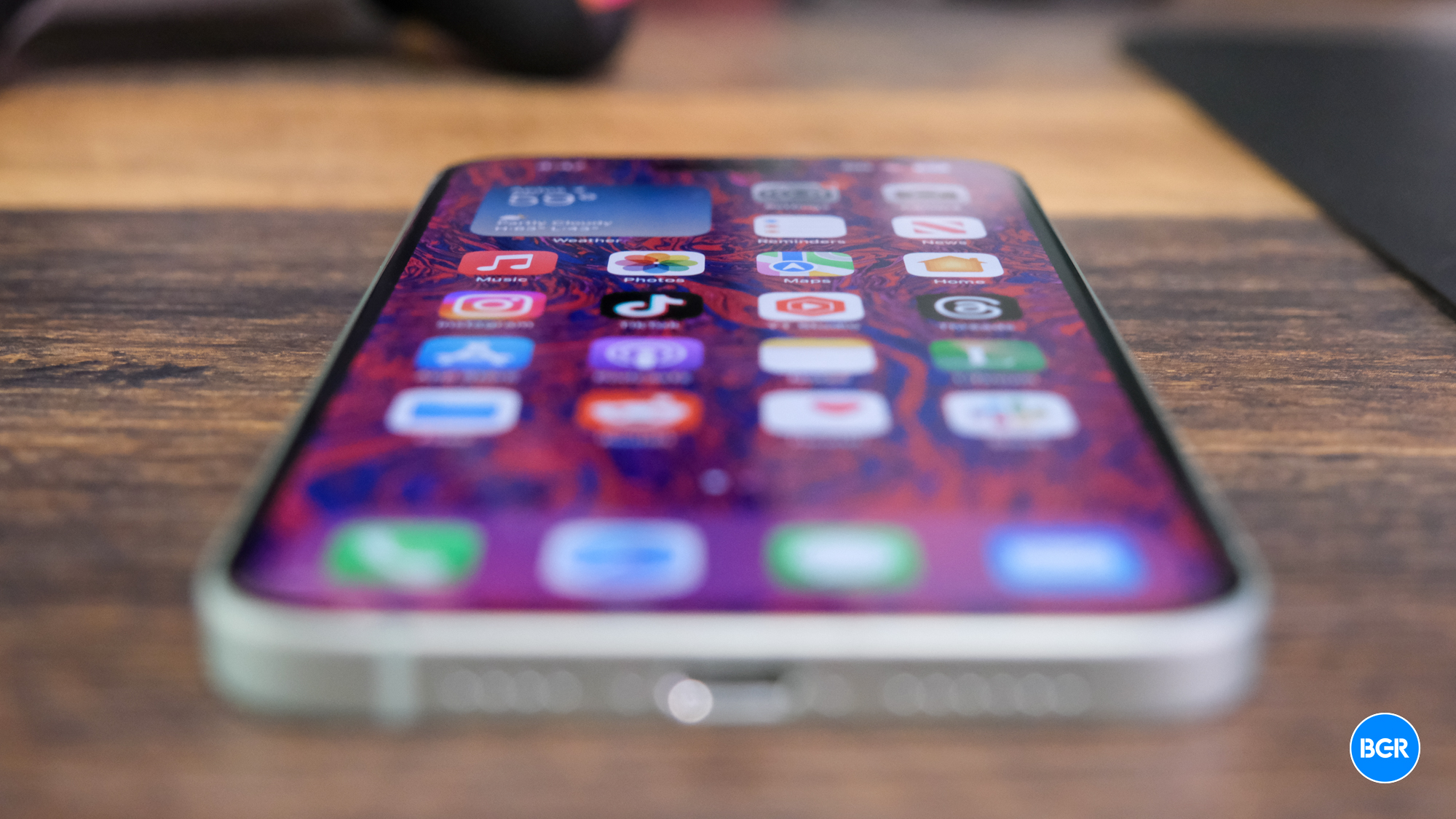The European Union (EU) has used the new Digital Markets Act (DMA) to force Apple to allow third-party alternatives to the App Store on the iPhone. The DMA also brings third-party payments and sideloading to the iPhone.
Although I think Apple has hurt itself by not voluntarily making these changes to iOS after all these years, I will never download apps to my iPhone or install third-party app marketplaces. I say this as a European who has access to them.
I’ll also say that given the news, one of these App Store alternatives just became free. The AltStore PAL is available without a subscription thanks to a grant from Epic Games. This is great news for anyone looking to take advantage of the DMA changes.
But it should remind us that running app stores on the iPhone costs money, no matter who controls the marketplace. Someone will always have to foot the bill.
AltStore PAL announced on X that Epic has awarded them a MegaGrant that will help them cover Apple’s Core Technology Fee (CTF), a tax Apple introduced for the EU developer agreement for apps available on other app marketplaces. AltStore PAL is one such app and will have to pay the €0.50 fee per app install once their store has been downloaded more than a million times.
Prior to the grant, AltStore PAL charged users an annual subscription fee of €1.50 to cover this CTF.
Sure, AltStore PAL needs the money to cover Apple’s CTF commission, which is contested by many developers, including Epic. Epic Games will, of course, have its own third-party app store on the iPhone.
However, this subsidy proves that running app stores on mobile devices costs money. It refutes the argument that Apple should reduce or eliminate commissions for its app store.
Apple’s App Store probably incurs huge costs but generates huge profits. More importantly, Apple makes most of its money from iPhone sales. Because of that iPhone revenue, the company could run the App Store for free if it wanted to. That’s an expectation of certain developers. On the other hand, companies like Microsoft and Sony could run their console game stores for free, but don’t.
Whenever I talked about sideloading on the iPhone, I explained why I prefer to get apps from the App Store. It’s about security, privacy and convenience.
I trust Apple for app reviews, payments, and app privacy policies. I also want the convenience of having all my apps, in-app purchases, and app downloads available from one place across all my devices. For that, I pay Apple’s commission when I purchase high-quality digital content.
I can’t trust any third-party app marketplace provider in the same way. And what happens if a store like AltStore PAL goes out of business because it doesn’t have money to cover operating costs? I’m not saying that will happen to them or other app marketplaces anytime soon or in the distant future. But I don’t want to worry about potentially not getting my apps.
Finally, I would like to point out that every other app store is free to make a profit. There is no problem with that. The AltStore PAL subscription exceeds the CTF as you can see above.
All I’m saying is that we can’t expect anything for free on the Internet. This also applies to the iPhone.
We, the end user, have to pay for apps and subscriptions, including App Store fees, whether for Apple or a third party. In return, developers pay the cost because it gives them access to Apple’s vast iPhone ecosystem and app development tools. Users are not entitled to free apps, and developers are not entitled to free access to Apple’s universe.
Ironically, Epic Games is paying an indirect commission to Apple despite the Fortnite app not being available on the iPhone again. But absorbing the AltStore PAL fee is likely a strategic move by Epic, which may want to prove that the iPhone can offer a wide range of App Store alternatives in the EU, so Apple should open up the iPhone to competing app marketplaces worldwide.
I’m just speculating here, but the latter is a valid point. As I said, Apple should allow anyone to develop alternatives to the App Store under DMA-like rules and avoid all this bad publicity. It will be up to these app marketplaces to survive and up to iPhone users to decide where to get their apps from.
Whatever the scenario, fees for app sales on mobile are not going away. The AltStore PAL development mentioned above proves that. And I bet most people, like me, will stay loyal to Apple’s App Store even in a scenario where DMA rules would apply worldwide.

